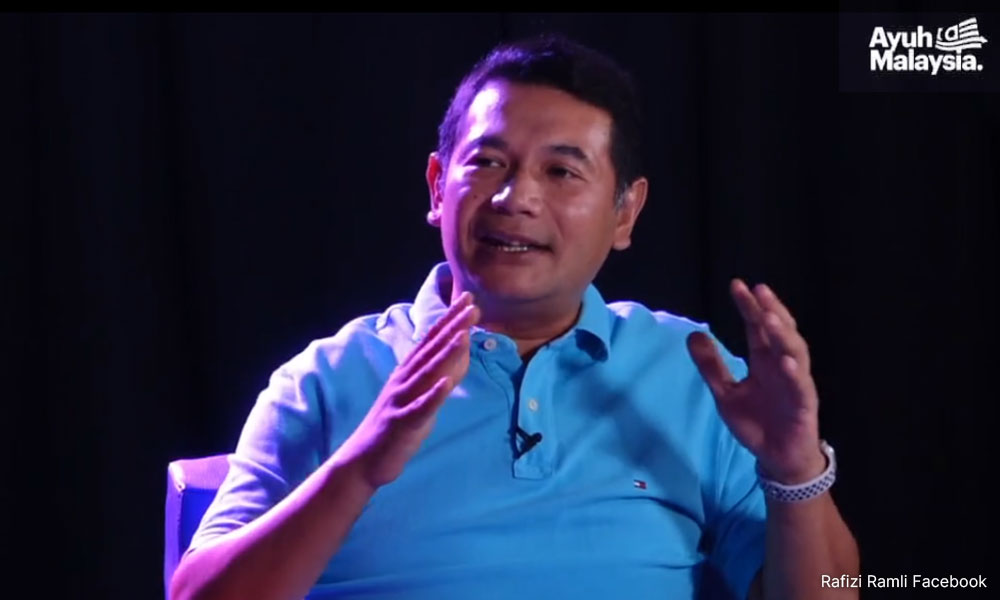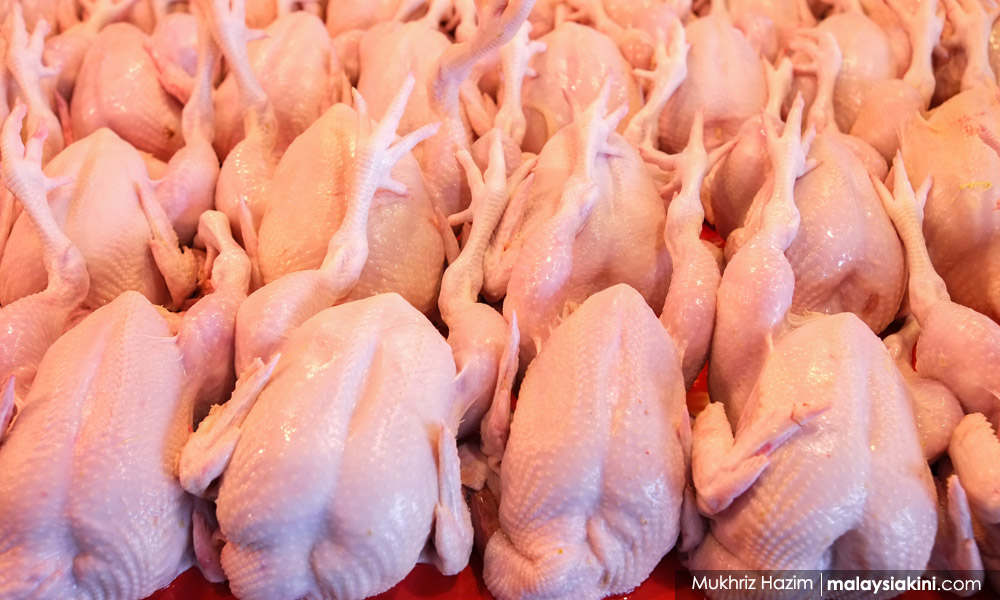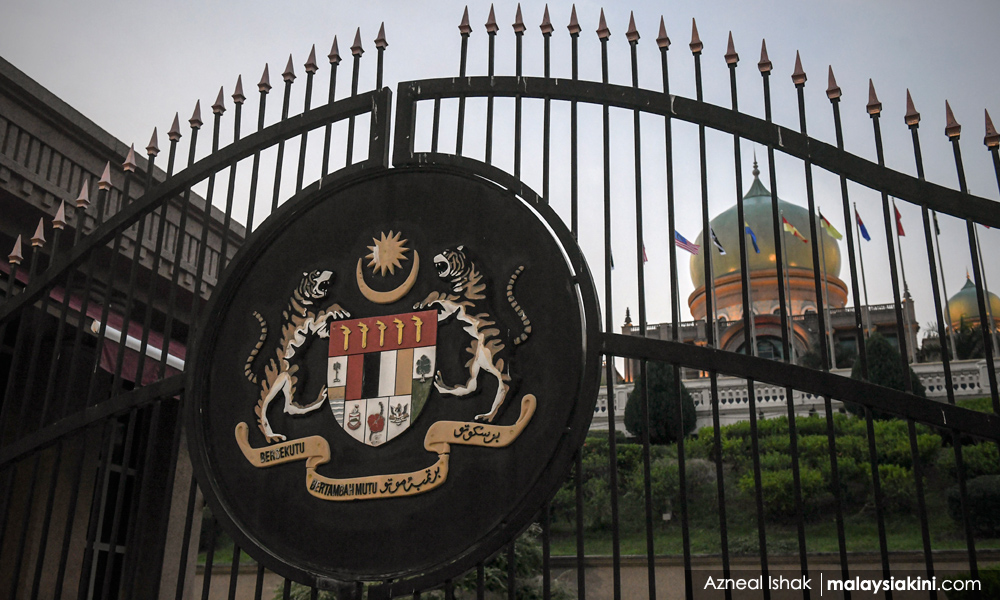PKR deputy president-elect Rafizi Ramli has described Umno’s proposal for the formation of a national poultry board to cope with the rising price of chicken as a joke.
“After this, when the prices of mutton go up, Umno will form a national goat board.
“In the end, it will only increase the government's financial burden on the people who have to bear the cost of salary, allowances and expenditure by politicians who will be appointed as the bosses of the poultry, goat, and other boards,” Rafizi said in a statement.
What is needed, Rafizi said, is to form a national stockpile as well as to restructure various ministries so that the management of the supply chain is not fragmented in order to allow for swift policy action.

“Countries that were prepared in terms of food security, stabilising the food supply and financial strength succeded in managing the disruption without causing suffering to the people while countries that had poor governance caused the people to suffer as is seen in Sri Lanka now,” he said.
Rafizi said the Umno-Bersatu-PAS government should not be blaming international conflict to cover up their failures.
Stockpile strategy
He said during the food crisis in the 1970s, the concept of a national stockpile proved to be effective and its mechanism has been used to this day.
“A stockpile policy provides the government with the power and allocation to purchase and stock food supplies and other necessities, including petrol and diesel, in bulk.
“The stockpile is injected into the market when there is a supply disruption that would cause prices to spike,” he said, adding that it can help stabilise prices of necessities.

He said there were various means of financial instruments that can be used to build a national stockpile, including through hedging and future contracts.
Therefore, he said the government should emulate the United State’s National Commission on Supplies and Shortages, which is an independent body tasked with building stockpiles to manage the risk of food supply disruption.
“This commission must be placed under Parliament with stringent oversight to avoid its allocation intended for building stockpiles to be abused by corrupt elements,” he said.
Aside from that, he said several ministries needed to be restructured and streamlined.
“By right, the power and responsibility to formulate, implement, supervise and enforce policies and laws relating to the food supply chain, from production to distribution and determining prices, should be centralised under one ministry.
“This will allow holistic planning for the entire supply chain to be done more effectively without overlapping authorities,” he said.
Fragmented supply-chain authority
At present, he said authorities involved in the food supply chain are divided into four ministries, namely the Agriculture and Food Industries Ministry, Plantation Industries and Commodities Ministry, Domestic Trade, Cooperative and Consumerism Ministry, and International Trade and Industry Ministry.
“This does not include tens of agencies under these ministries. That is why any action takes a long time without a minister being responsible.
“In the end, matters of governance are mostly spent on meetings after meetings and take months (to implement) because there are many ministers who need to make the decision,” he said, adding that this is aggravated when many of the ministers are busy politicking.

Rafizi said if these measures were taken earlier, the cabinet would not need to be flip-flopping on how to cope with the rising price of chicken.
On June 21, the government announced that it will remove subsidies for bottled cooking oil and lift the ceiling price for chicken and eggs. Cooking oil in 1kg polybags will continue to be subsidised.
However, three days later, the government made a U-turn, stating that it will not allow the free float of chicken prices but will instead set a new ceiling price.
The prices of eggs are still expected to be floated while the subsidy for bottled cooking oil was removed.
Amid the rising cost of food, the existing ceiling prices had led to a shortage in supply.
The rising cost is fueled by soaring global inflation as supply chains attempt to catch up with surging demand coming out of the Covid-19 pandemic as well as the Ukraine war, which has caused a shortage in grains used as chicken feed.
Ukraine is the world’s second-biggest grain exporter in the world. - Mkini



No comments:
Post a Comment
Note: Only a member of this blog may post a comment.